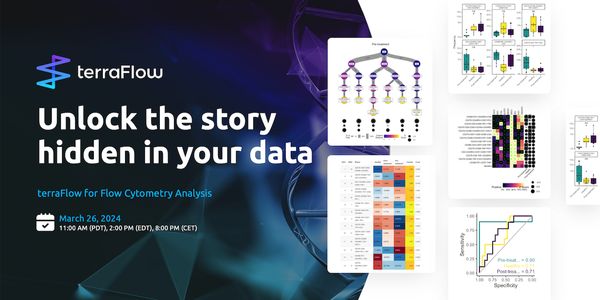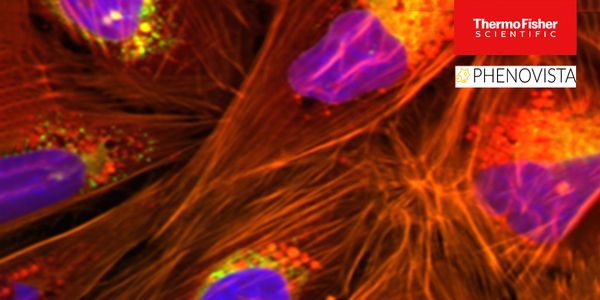Automation
Automation: An automatically controlled operation of an apparatus or system by mechanical or electronic devices that take the place of human elements of observation, effort, and decision making. use of a machine designed to follow a predetermined sequence of individual operations repeatedly and automatically. the use of a machine designed to follow repeatedly and automatically a predetermined sequence of individual operations. Automation is used extensively in preparing tissue for microscopic examination.
-
APR 18, 2024 | 8:00 AMThis webinar will demonstrate how the MANTIS and TEMPEST liquid dispensers enable assay automation and miniaturization in various applications such as PCR, NGS, immunoassays, and cell and or...Cell and gene therapies are on the brink of transforming the pharmaceutical industry, presenting unique challenges such as ensuring the quality and consistent supply of reagents. Reagents pl...Speaker: Daksha Patel, PhD
Design of Experiments (DOE) is a powerful and pragmatic tool for optimisation but it’s not the only way. Could there be even more powerful alternatives in the age of machine learning,...
MAR 28, 2024 | 8:00 AM
Flow cytometry is a powerful method for the quantification of microorganisms, unparalleled by other technologies. We will (1) give an overview of the benefits and use cases of flow cytometry...
MAR 26, 2024 | 11:00 AM
Ever wonder what you’re missing in your data? The sheer complexity of today’s flow and mass cytometry datasets demands automated solutions. Machine learning plugins only provide...
As workflow efficiency and data reproducibility are common challenges faced by scientists for high throughput laboratories, GenScript has developed unique automation technologies to address...
Speaker:
Rouba Najjar, MBA
In the MIT Media Lab global synthetic biology course ‘How To Grow (Almost) Anything,’ students from MIT, Harvard, and a global classroom of hundreds learn concepts and skills at...
Biopharmaceutical manufacturing of proteins requires an efficient cell line. Starting with several thousand clones, researchers use multiple selection rounds to ultimately chose one clone fo...
Speaker:
Ali Safari, Dr.-Ing
, Monika Zauner, Dr
This talk will focus on the essential steps needed to prepare for integrated lab automation: we will discuss the suitability of your lab for automation beyond liquid handlers, the informatio...
Speaker:
Jesse Mayer, PhD
Learning Objevtives: 1. Demonstrate Knowledge with gene editing, microfluidics and non-viral delivery methods. 2. Review the uses of a low-volume high-throughput transfection platform for ge...
Our ability to record large-scale neural and behavioral data has substantially improved in the last decade. However, the inference of quantitative dynamical models for cognition and motor co...
























